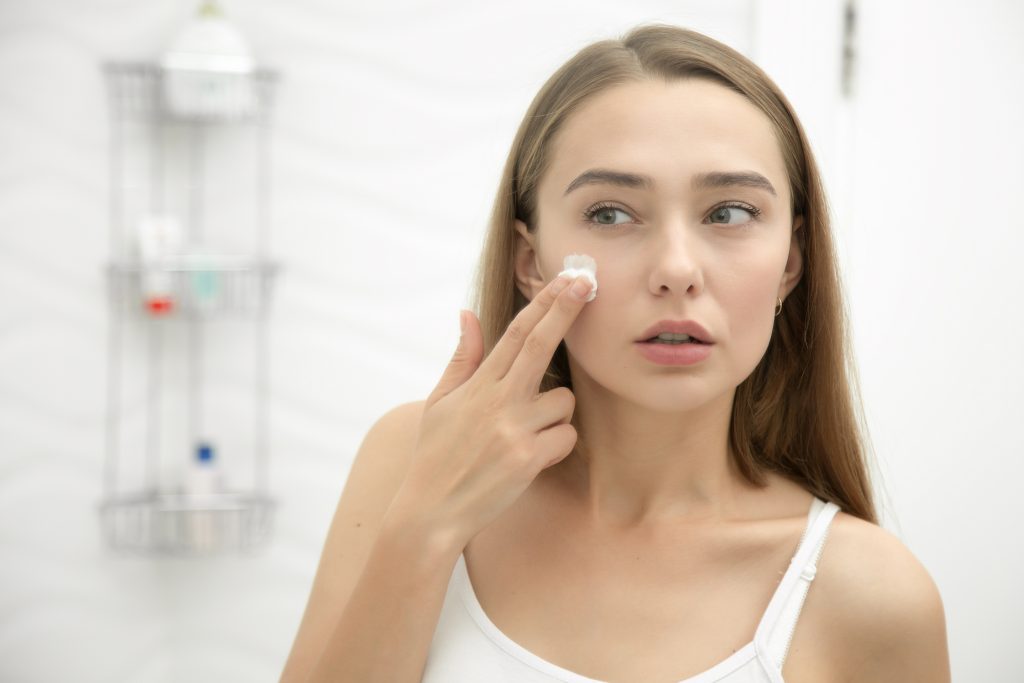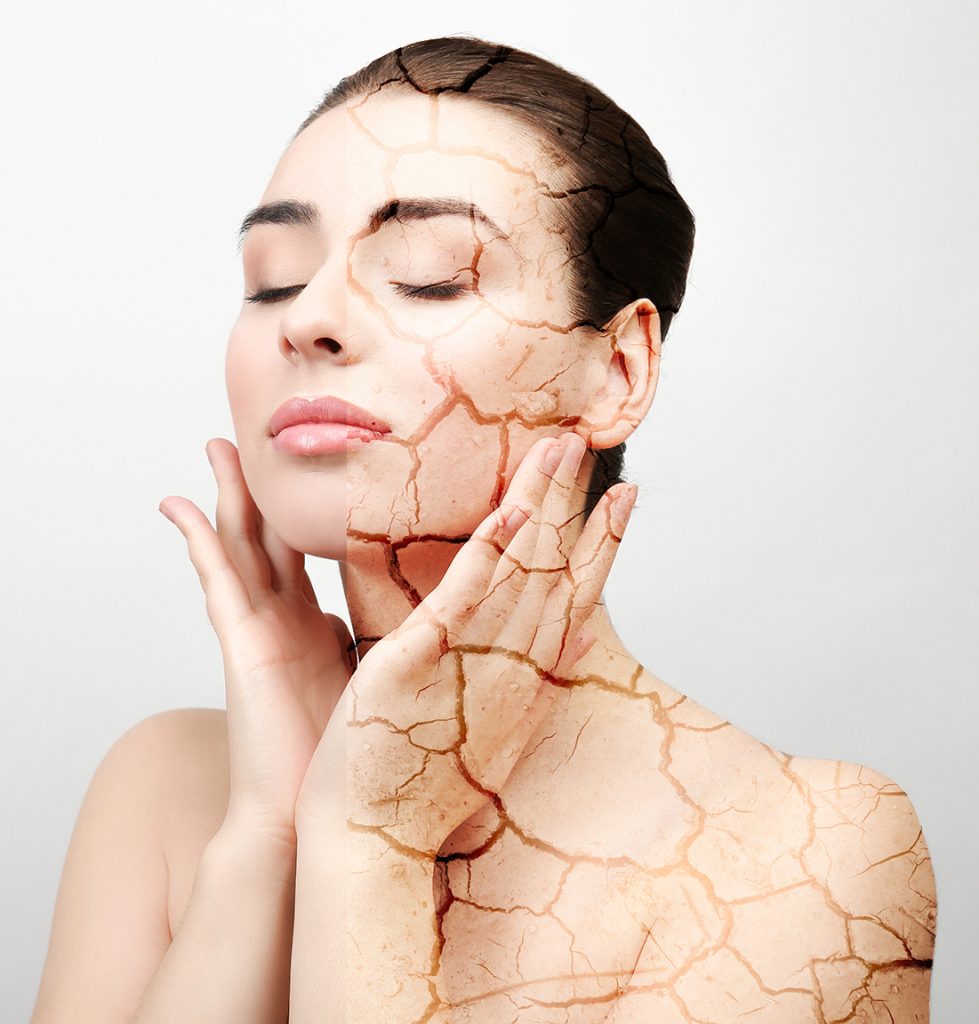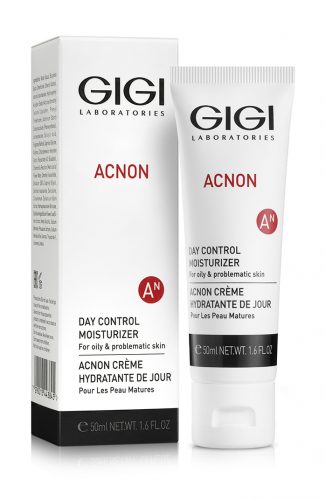Dry irritated and acne-prone skin
Moisture- vital skin protection
There are two main natural moisture factures in our skin, lipids and hyaluronic acids. Both factors form a natural barrier that capture the water molecules, which are responsible for the skin moisture, and prevent the water from evaporating. When the unique balance of the lipids and the hyaluronic acids is disrupted, the skin becomes frail and dry. As the process of water evaporation from the skin continues, the risk of penetration of irritating factors to the skin is increased, leading to irritation, redness and acne. In some cases, skin dryness can cause eczema, a common outcome that occurs when the skin barrier is disrupted, and the skin is easily infected. Eczema would mostly appear in areas such as face, arms and other limbs. When eczema is ongoing, the cycle of inflammation is hard to stop, irritated skin causes itching, which then harms the skin further by damaging the protecting skin barrier (lipids and hyaluronic acids).

Main causes for skin dryness
The reasons behind our skin condition are hereditary and include hormone regulation. Our genes decide the amount of lipids and triglycerides produced by the skin and the kind of skin we shall have, oily or dry. Some people can have oily skin without acne, and some could have dry skin with acne. As you get older, the hormone level decreases, specifically estrogen, and the skin becomes less moist and oilier. A decrease in estrogen is the cause for dry skin in women that go through menopause.
Our environment and climate can also be the cause of dry skin. A cold weather with strong winds or dry air from air-conditioning systems, can expedite the water evaporation from our skin, therefore, leaving it dehydrated. A simple solution for skin dehydration can be a humidifier. Although drinking a lot of water is good for your health, it can’t prevent skin dryness.
Products that are developed to shrink the pores, such as strong and active soaps and skin-toners, are usually alcohol based, and may cause further dryness. Moreover, the use of certain prescription drugs such as isotertenoin (known by its commercial name Roaccutane), or medications for thyroid gland imbalance, are also known to cause severe dryness to the skin.
Medications for external use, impact the skin hydration balance as well. Most acne treatments tend to dry the skin. If it is a mild treatment, the skin will usually adjust, and restore the skin moisture after a few weeks of use. Unfortunately, in many cases the reaction to the acne treatment, dryness and irritation of the skin, cause discontinuation of the treatment.
Combined care for dry and acne-prone skin
Many people with dry and sensitive skin, are reluctant to use daily moisturizers creams, due to fear of it causing further acne outbreaks. Yet, acne treatment must include the restoration of a good skin hydration balance, which is crucial for the skin recovery. Therefore, it is important to try new products and techniques in your daily skin care routine.
So how do we treat dry skin? And how do we treat acne with dry skin?
First, try to reduce the use of anti-acne creams, from twice a day to once a day, try it for a few weeks and see how your skin reacts. Then, try to increase the use back to twice a day according to your needs. Moreover, there are anti-acne treatments that are better suited for people suffering from dry skin. It is surprisingly uncommon for different products to contain the same active ingredients. Therefore, you can often find the best product for your needs.

